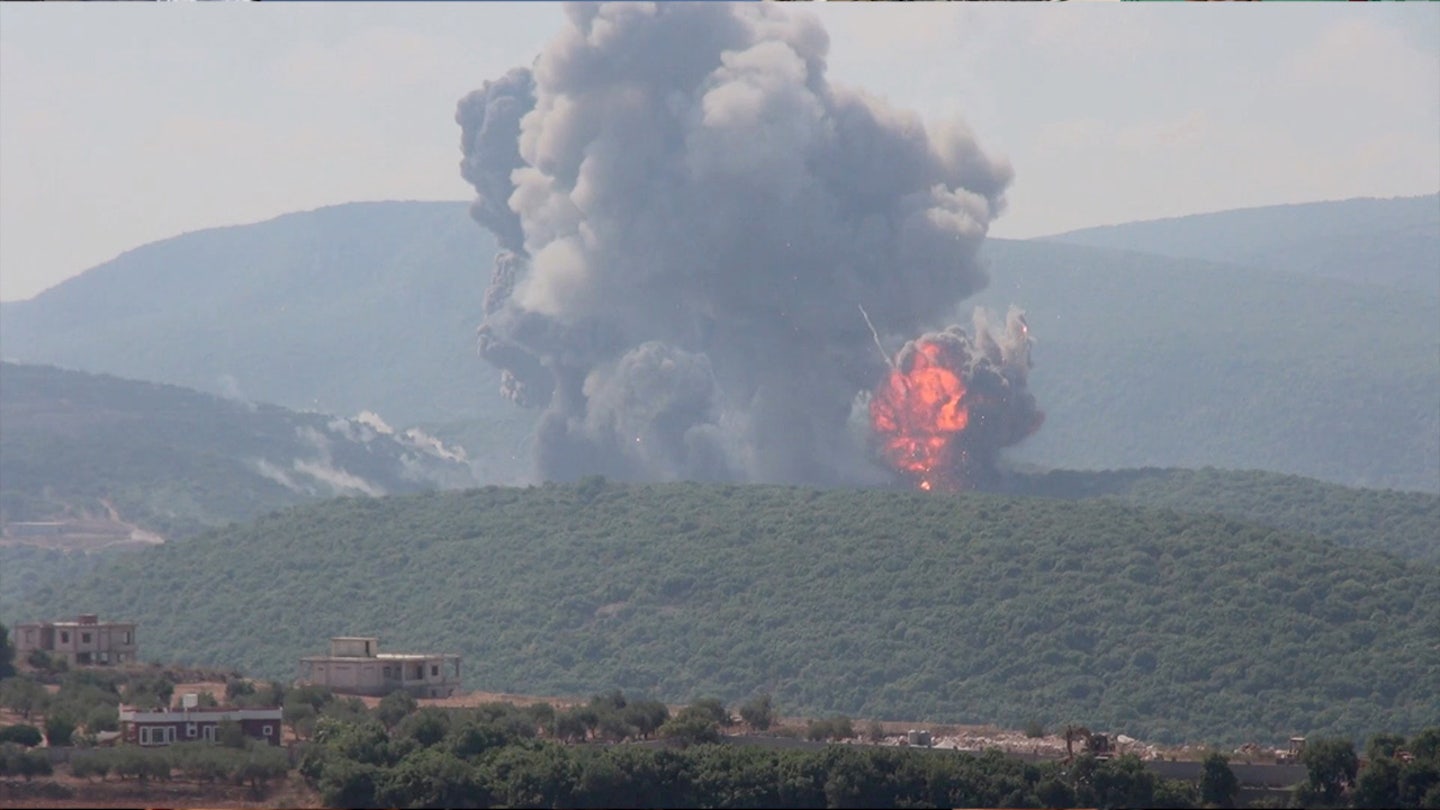Former U.S. Ambassador to Israel David Friedman criticizes President Biden's $1 billion arms package for Israel as insufficient and unlikely to arrive in time to counter the ongoing conflict with Hamas.

Former U.S. Ambassador to Israel David Friedman has lambasted President Biden's $1 billion arms package for Israel, terming it "too little, too late" amidst the escalating conflict with Hamas. Friedman's critique comes amid growing pressure on Biden over his handling of the Middle East crisis.
Israeli Foreign Minister Yoav Gallant announced plans to deploy additional troops to assist with operations against Hamas in Rafah. The move followed Israeli Defense Forces' (IDF) successful destruction of multiple Hamas tunnels in the area.

Despite the troop deployment, Biden has warned that the U.S. will suspend military aid if Israel launches a full-scale operation in Gaza.
"This operation will continue as additional forces arrive," Gallant said. "Hamas has no capacity to reorganize. We are wearing them down."

Earlier this week, Israel intensified attacks in both Rafah and northern Gaza. IDF troops secured a Hamas training ground in eastern Rafah, seizing equipment and vehicles used to simulate combat.
While Biden has approved $18 billion in funding for Israel, he has demanded restraint in Rafah operations. Israel has so far refrained from an all-out assault, opting for more targeted strikes.

However, Prime Minister Benjamin Netanyahu has vowed to eradicate Hamas from Rafah, a city that houses approximately 1.5 million displaced Palestinians, most of whom fled northern Gaza.
According to reports, Biden's administration offered to share intelligence on Hamas leadership with Israel in exchange for restraint in Rafah. The intelligence aims to enable Israel to pinpoint Hamas leaders hidden in tunnels around the city, potentially facilitating a more precise campaign.
Friedman's criticism reflects broader concerns about the timing and adequacy of the U.S. arms package. Israel faces immediate threats from Hamas, and whether the weapons will arrive promptly enough remains uncertain.
The ongoing conflict has heightened tensions between Biden and Israel, with some questioning the U.S.'s commitment to its ally. Friedman's remarks underscore the pressure on Biden to address the crisis effectively and provide Israel with the necessary support to defend itself.
Analysts speculate that Biden's warnings against a full-scale operation in Gaza aim to prevent civilian casualties and minimize the conflict's broader impact. However, the effectiveness of this approach in deterring Hamas and addressing Israel's security concerns remains to be seen.
The situation remains fluid, with the conflict likely to continue in the coming days and weeks. The outcome of the fighting and the ultimate trajectory of the U.S.-Israel relationship will depend on the actions taken by both sides and the effectiveness of any diplomatic efforts to mediate a resolution.










